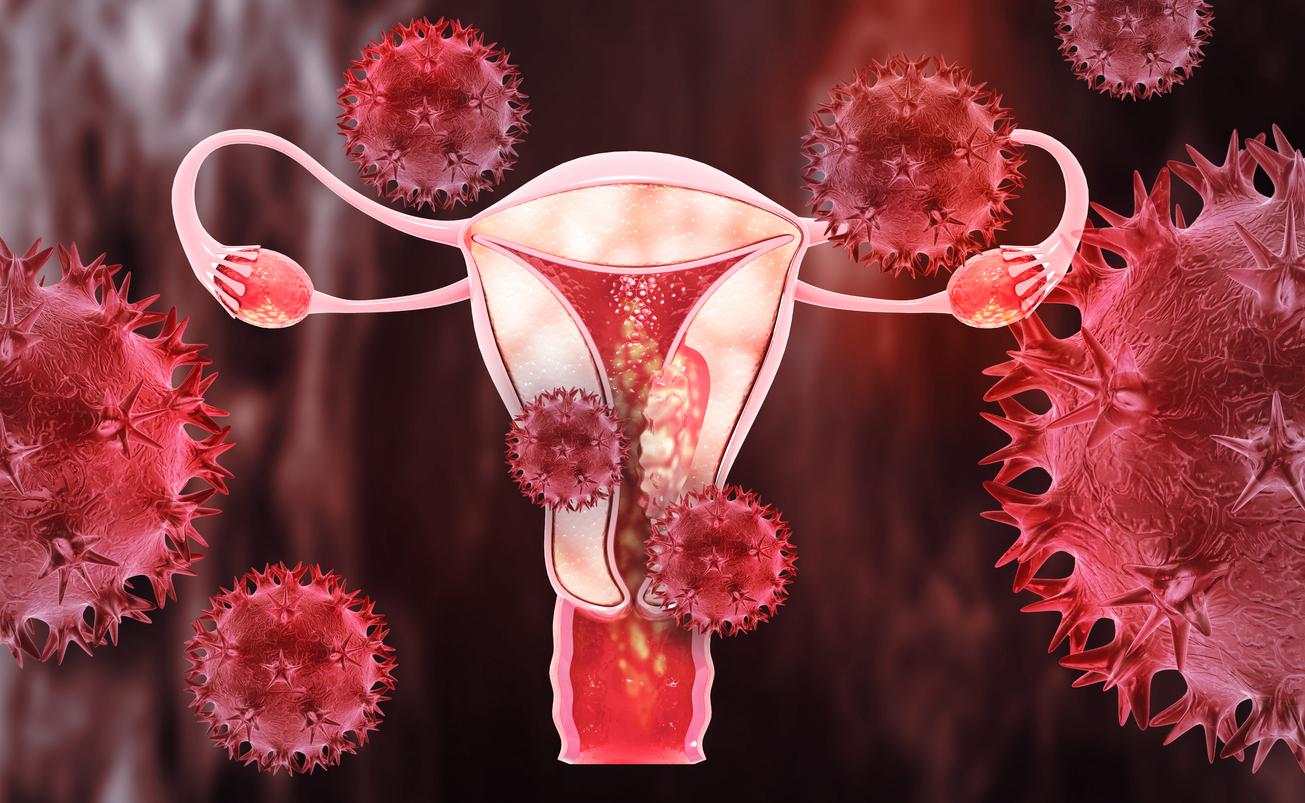Long-term oral contraception would reduce the risk of endometrial and ovarian cancer. An effect observed even in smokers, obese women and those who do not exercise.

Tobacco and pill do not mix. Several studies show that taking an estrogen-progestogen pill and smoking greatly increases the risk of thromboembolic disease.
Yet a study published in the Journal of the American Medical Association attests that taking the pill reduces the risk of endometrial and ovarian cancer, in particular in smokers, as well as in obese women who do not exercise regularly.
Reduced risk for endometrial and ovarian cancer
The study involved 196,536 women aged 50 to 71. More than half of them were using oral contraception. Researchers have studied several parameters to understand the links between the pill and cancer: alcohol consumption, cigarettes, body mass index, or the level of physical activity.
The results show that long-term use of the pill, at least ten years, reduces the risk of ovarian cancer by 40%, and that of the endometrium by 34%. These results were even more significant in smokers, obese women and those who do not exercise regularly.
An increased risk of breast cancer
For the authors, oral contraception could thus be useful in the prevention of certain types of cancer in women. A study published last December in the New England Journal of Medicine showed, however, that the use of the pill would increase the risk of breast cancer, 13 more cases per 100,000 women per year, but the impact of diet was not made. Results which are especially significant in women over 35 years old. The National College of French Gynecologists and Obstetricians spoke on the subject last October, recalling that like any drug, the pill has advantages and disadvantages, but that the means of contraception are numerous. Each woman can therefore choose her contraception according to her tolerance to different hormone levels, and what suits her best.

.

















